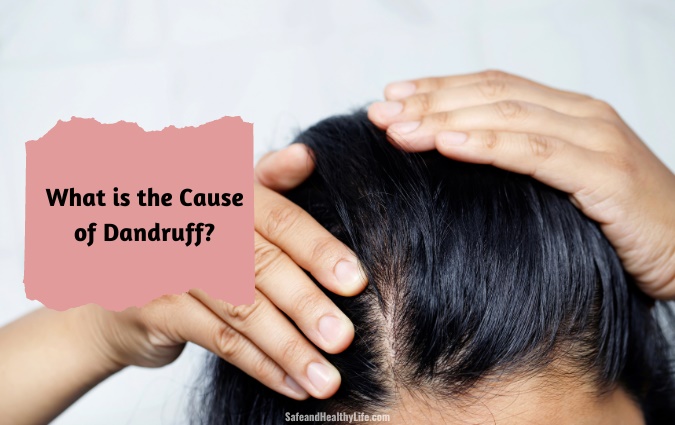
Image Source: Pexels
It’s widely acknowledged that regular cannabis use has been linked to psychological dependence, much like one may develop similar dependencies to other substances or habits. However, there is no widespread consensus about whether cannabis use can actually cause mental illnesses.
On the other hand, there have been a series of different studies that claim to show a causal link. Other studies also tie different mental disorders to cannabis use. While these studies are not universally accepted, it has to be acknowledged that there is a political and socio-cultural aspect to cannabis acceptance and legalization.
This means it’s important to acknowledge that perhaps there may be some risks, and at the same time, more studies will need to come out before anything conclusive can be said.
Risk factors
That said, there are two factors that stand out when it comes to assessing the risks of cannabis. First is the age when one starts to use cannabis. There is compelling evidence that shows cannabis can have a harmful effect on a developing brain. Children, teens, and very young adults may be a severe risk from cannabis especially if they consume it regularly.
The second factor is usage patterns, which is less unique to cannabis and applies to all medication. Consuming potent doses of THC frequently can likewise present a risk to users.
This is of particular concern as modern strains of cannabis often contain 8-10 times the THC of strains from the 1970s, often more. This means that many studies on cannabis use from decades ago may not be as useful for understanding the effects of regular cannabis use today, as average dosages have gone up across the board.
Links to schizophrenia
Schizophrenia is one mental illness where cannabis use has been found to have a very strong link. While the exact role of cannabis in bringing about schizophrenia symptoms has yet to be established, there is compelling evidence to show that cannabis users have double the risk of non-users, and cannabis use can accelerate the average age of diagnosis by 2.7 years.
Cannabis use can also exacerbate schizophrenia symptoms and can interact with genetics and environmental factors to result in a schizophrenia diagnosis.
While the mechanism linking schizophrenia to cannabis use is not yet fully understood, there is speculation that cannabis use replicates the way schizophrenia acts on the brain and uses the same neural pathways. This is supported by the fact that cannabis use in normal people can sometimes trigger symptoms similar to schizophrenia.
In any case, the risks are still quite small, when taken in context. The risk of schizophrenia is 7 in 1,000 for non-users compared to 14 in 1,000 cannabis users.
Links to anxiety and depression
Different meta-analyses of studies made over the past several decades on the link between cannabis and depression have been mostly inconclusive, either to too many of the studies employing inadequate methodology or studies not having adequate controls. This makes it difficult to determine if cannabis use causes depression, or if people with depression and anxiety are more likely to use cannabis.
One large 2014 meta-study put the risk of depression among cannabis users as “moderate”, showing a definite link. However, it was not in the scope of the meta-study to show whether cannabis use actually caused depression.
Similar results are present with studies concerning anxiety and cannabis use. Somewhat contradictorily, cannabis can either relieve or exacerbate anxiety, depending on the person. Another meta-study from 2014 also linked anxiety to cannabis use. However, the risk was deemed “small” and like with the depression meta-study, no causal links were conclusively found.
Other challenges to cannabis-use and mental illness studies
It’s been extremely challenging finding any conclusive links between mental illness and cannabis use, as culture and our understanding of mental illness continues to evolve faster than the many studies allow for. Socio-economic factors and politics likewise play a role in the availability and use of cannabis as well as its usage patterns.
Given the challenges mentioned above, it may be some time before we can say conclusively once and for all that cannabis is or isn’t linked to certain mental disorders.
About The Author:
Anne Kamwila is a freelance content writer and a digital marketer. She is passionate to write on health, technology, and business related guides, news, and books.




